Stress, infections, skin injuries and environmental factors can trigger an onset of psoriasis symptoms
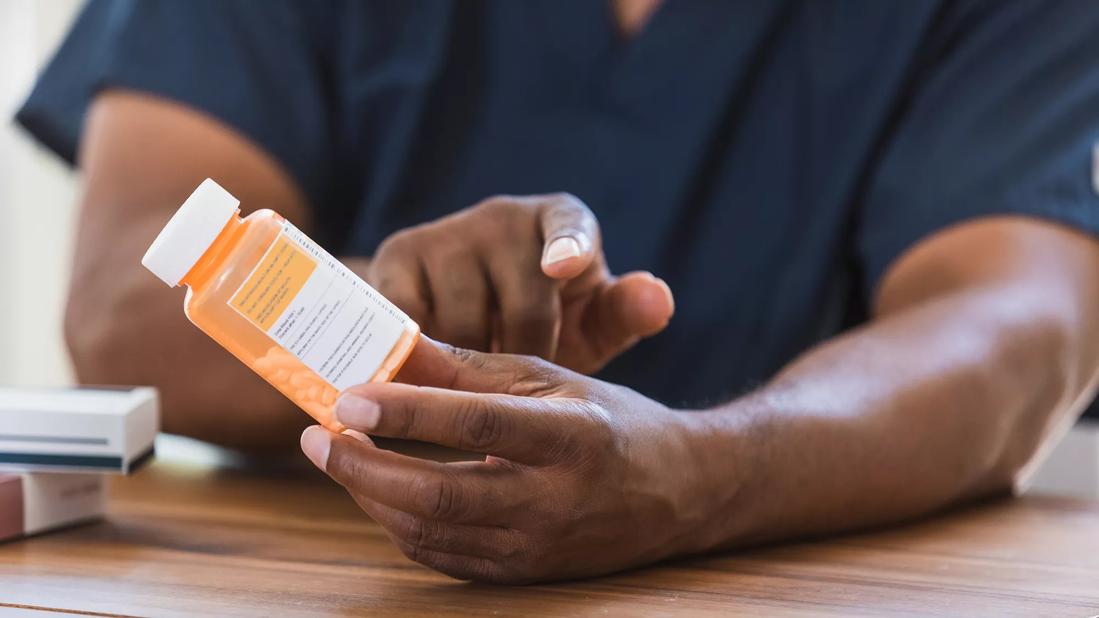
Psoriasis is a chronic skin condition characterized by itchy, scaly patches, or plaques. Although it’s not contagious, its symptoms tend to ebb and flow like other chronic inflammatory diseases. There may be periods where you might not experience any symptoms or experience very minor symptoms, and then there might be periods where your symptoms tend to flare up or grow more severe.
Advertisement
Cleveland Clinic is a non-profit academic medical center. Advertising on our site helps support our mission. We do not endorse non-Cleveland Clinic products or services. Policy
“If nothing changes in your life and everything is kept the same, the natural course of psoriasis is sometimes, you’ll feel it’s worse than normal, and other times, it’s better than normal,” explains dermatologist Anthony Fernandez, MD, PhD. “That’s just the way chronic inflammatory disease goes.”
In trying to manage your condition and reduce the severity of your symptoms, it’s helpful to know what causes psoriasis to flare up and to monitor your symptoms closely so you can try and avoid those triggers.
“People always want to attribute a flare to something going on in their lives,” notes Dr. Fernandez. “As doctors, our job is often to think about that — and think about changes that may have occurred. We then try and determine whether those changes have anything to do with their current flare. That’s challenging.”
Dr. Fernandez unearths some of the most common triggers for psoriasis and answers the burning question of when you should reach out to a healthcare provider for relief.
Video content: This video is available to watch online.
View video online (https://cdnapisec.kaltura.com/p/2207941/sp/220794100/playManifest/entryId/1_cqz3jtd2/flavorId/1_5f3sgelj/format/url/protocol/https/a.mp4)
As an over-active immune system causes the inflammation associated with psoriasis, anything that triggers an immune system response can likely trigger your psoriasis flare-ups, too.
“With psoriasis, the common triggers are the same ones we know of for most chronic inflammatory diseases,” says Dr. Fernandez.
Advertisement
Determining your psoriasis triggers can be challenging, as everyone’s immune system functions differently based on genetics, family history, biological makeup and any other underlying health conditions.
Because these triggers vary from person to person and can change over time, they fluctuate often and need to be determined on a case-by-case basis. But in general, most psoriasis triggers fall into five categories when they cause psoriasis to flare up.
Anything that affects your immune system can trigger your psoriasis, especially if you get an infection. That’s why you might experience a flare-up of psoriasis if you’ve recently had:
“Strep throat is a well-known trigger, especially for a certain subtype of psoriasis called guttate psoriasis,” explains Dr. Fernandez. Signs of this type of psoriasis include small, teardrop-shaped red spots or patches that appear on your skin. Although it tends to be more common in children and young adults, anyone can get it if they’ve had an infection and they’re prone to getting psoriasis flares.
Of course, you can’t control whether you catch a cold or some other virus. But knowing infections can trigger flare-ups is important information, particularly if you need another reason to avoid causing further infection by picking at your skin. Plus, your providers can benefit from knowing what kind of treatments will be more suited to the type of psoriasis you have.
“If you come in with a psoriasis flare, and we find out you’ve recently had a bad upper chest cold, congestion or a cough, it puts things in perspective for us in terms of how to deal with the flare,” says Dr. Fernandez.
During a flare-up, your skin cells have a high turnover rate, meaning your body begins to over-produce skin cells in the area because of its over-active immune system response. When you have an injury to your skin like a bruise, scrape, bite, scratch, rash or even a sunburn, a flare-up can surface because your immune system is triggered to cause inflammation in the area that’s trying to heal.
When you experience an injury, treat it quickly, avoid picking or scratching at the area, and calm the itch if you can.
We often associate medications with healing, but sometimes, medications can trigger unfortunate side effects like psoriasis flares. If you’re taking a medication for the first time, ask your provider if it can cause a psoriasis flare and whether or not there’s an alternative medication you can take. Some types of medications that have been known to trigger psoriasis flare-ups include:
Advertisement
This isn’t a comprehensive list, but if you spot something here that you’re taking or you suspect something you’re taking is causing a flare-up that’s not on this list, talk to your healthcare provider before you stop taking your medication.
Medication regimens can be complex to manage, and stopping certain medications can cause real physical harm. Doctors may not advise you to stop taking something suddenly. For example, lithium is known to cause a psoriasis flare, and that’s not a medication you can quit cold turkey.
“If we think the medicine has anything to do with worsening psoriasis, especially given the fact that whoever prescribed those medicines believes that those were important for you to take, we need to look at your options,” clarifies Dr. Fernandez. “We will also communicate with the doctors who have prescribed these medications.”
Chronic or acute stress is known to cause a variety of medical conditions, like high blood pressure, or make existing conditions worse, like eczema. “We hear this all the time — people will come in and say, ‘I’ve been more stressed than normal, and I feel like my psoriasis is worse,’” Dr. Fernandez says. “And there’s some truth to that.”
He notes that in recent years, several scientific studies have discovered a link between stress and chronic inflammatory diseases, such as psoriasis.
Advertisement
It’s also important to recognize that psoriasis flares can certainly cause stress, inevitably leading to this endless cycle where you may feel like you’re not able to manage your symptoms. But working on preventing some of that stress and honing your relaxation techniques might help you feel grounded whenever flare-ups occur.
“Environmental exposure” is a broad term used to describe things like smells, allergens and even sunlight. “Depending on where you live, during certain times of the year, there may be something in your environment, even if it’s airborne, that could potentially flare your psoriasis,” explains Dr. Fernandez.
For example, you might have a psoriasis flare-up in dry, colder months when you’re not in the sun as much. That’s because you’re more exposed to hot, dry air inside and you’re used to having a lot of humidity. The inverse is also true: If you spend a lot of time indoors or in air conditioning and you get sunburned or spend a lot of time outside in warmer weather, you might also experience a psoriasis flare.
“People might come in and say, ‘We can smell the fumes from the factory by my house every fall. That’s when my psoriasis flares.’ Based on that, we’ll try to see if minimizing exposure makes a difference,” explains Dr. Fernandez.
Advertisement
Light therapy (especially UVB phototherapy) can be an effective psoriasis treatment. That’s because UVB penetrates the skin and has anti-inflammatory properties, which are shown to help the condition’s symptoms.
But Dr. Fernandez warns to keep any exposure to this light to “moderate amounts, where you make sure to avoid tanning and/or burns,” as too much exposure can cause damage to skin cells that later can lead to the development of skin cancers.
Individual triggers might also surface over time — and these may be harder to track. For example, some might discover that certain trigger foods worsen their psoriasis symptoms. Someone might have a flare-up after eating wheat bread if they have celiac disease, for instance, while someone else might have a different trigger altogether.
The key to identifying your personal triggers for psoriasis is to take note of any symptoms you experience, the severity of those symptoms, how long they occur and any changes you notice when you avoid those potential triggers. Keeping a journal of your symptoms and detailing your experiences with your provider can help them determine the best course for your treatment plan. It can also inform them as to what steps can be made to help avoid these triggers in the future and, hopefully, reduce flare-ups from happening.
“Healthy lifestyle changes like eating healthy, exercising, getting adequate restful sleep, and learning how to manage stress can all promote calming down an overactive immune system and minimize risk of psoriasis flares,” encourages Dr. Fernandez.
“Identifying personal triggers of your own flares and learning how to avoid them is just another type of lifestyle change to further manage your psoriasis.”
Learn more about our editorial process.
Advertisement

Moisturize often, take oatmeal baths, use Epsom salts and follow a healthy diet to help reduce your symptoms
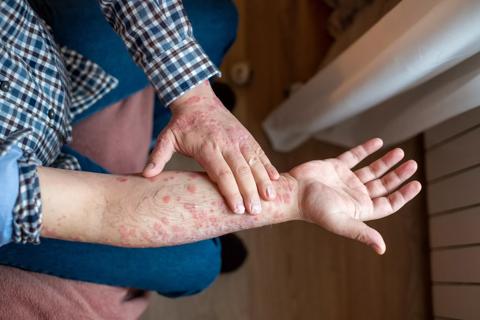
The common skin condition isn’t contagious, but it can pop up anywhere on your body during a flare

A well-balanced diet with anti-inflammatory foods can help reduce flare-ups and severity of psoriasis symptoms
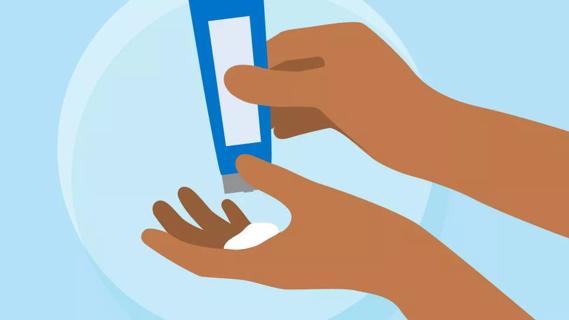
Caused by inflammation, psoriasis itch can be managed with a variety of treatments, like moisturizing and taking cooler and shorter showers
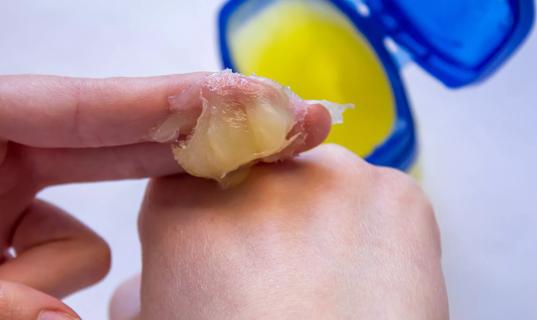
Learn your triggers, stay moisturized, quit smoking, prioritize sleep — and avoid scratching

Stick to your treatment plan, but keep your provider updated on any new symptoms or triggers

An expert explains the difference between the two skin conditions
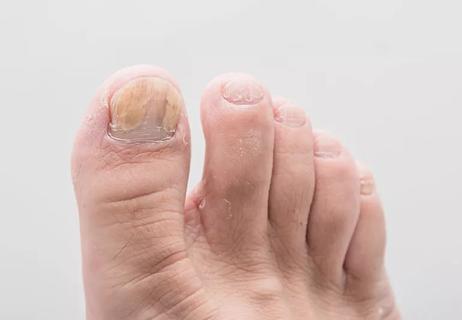
Nail psoriasis and nail fungus have a lot of similarities, but one is a result of an infection and the other is inflammatory

Wearing a scarf, adjusting your outdoor activities and following your asthma treatment plan can help limit breathing problems

Your diet in the weeks, days and hours ahead of your race can power you to the finish line

When someone guilt trips you, they’re using emotionally manipulative behavior to try to get you to act a certain way